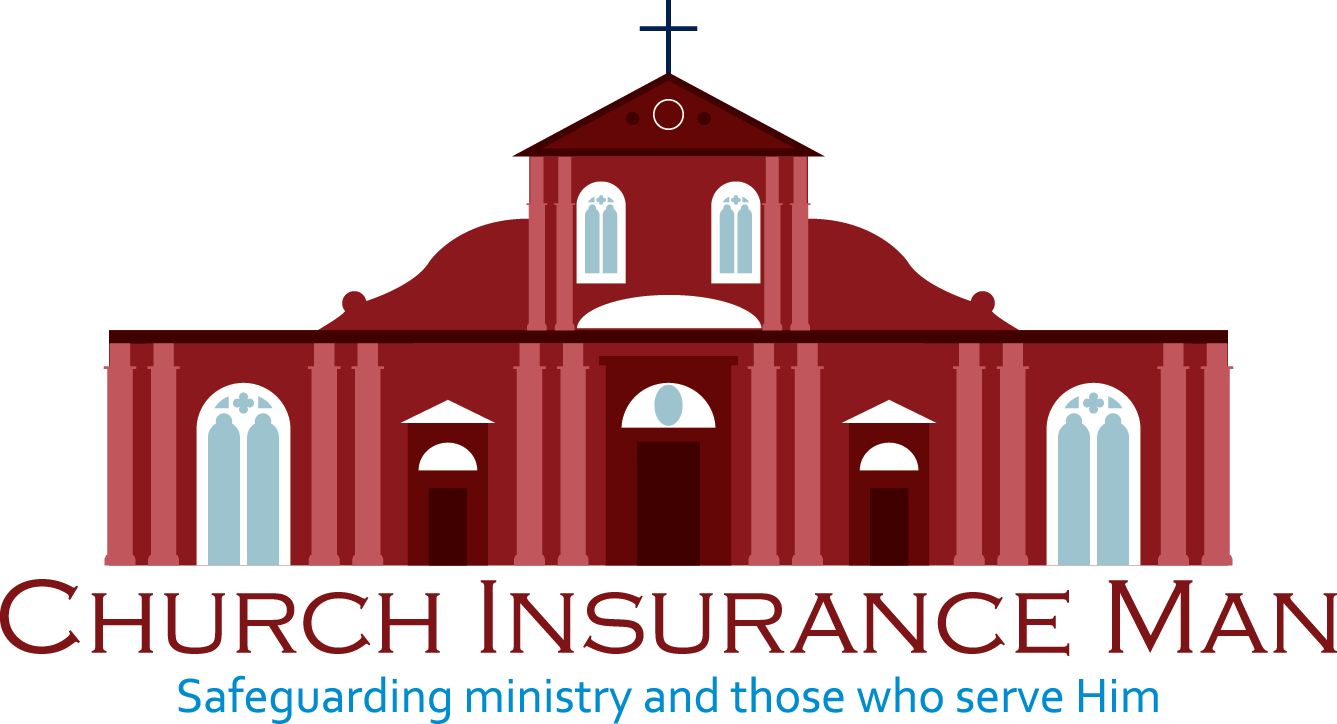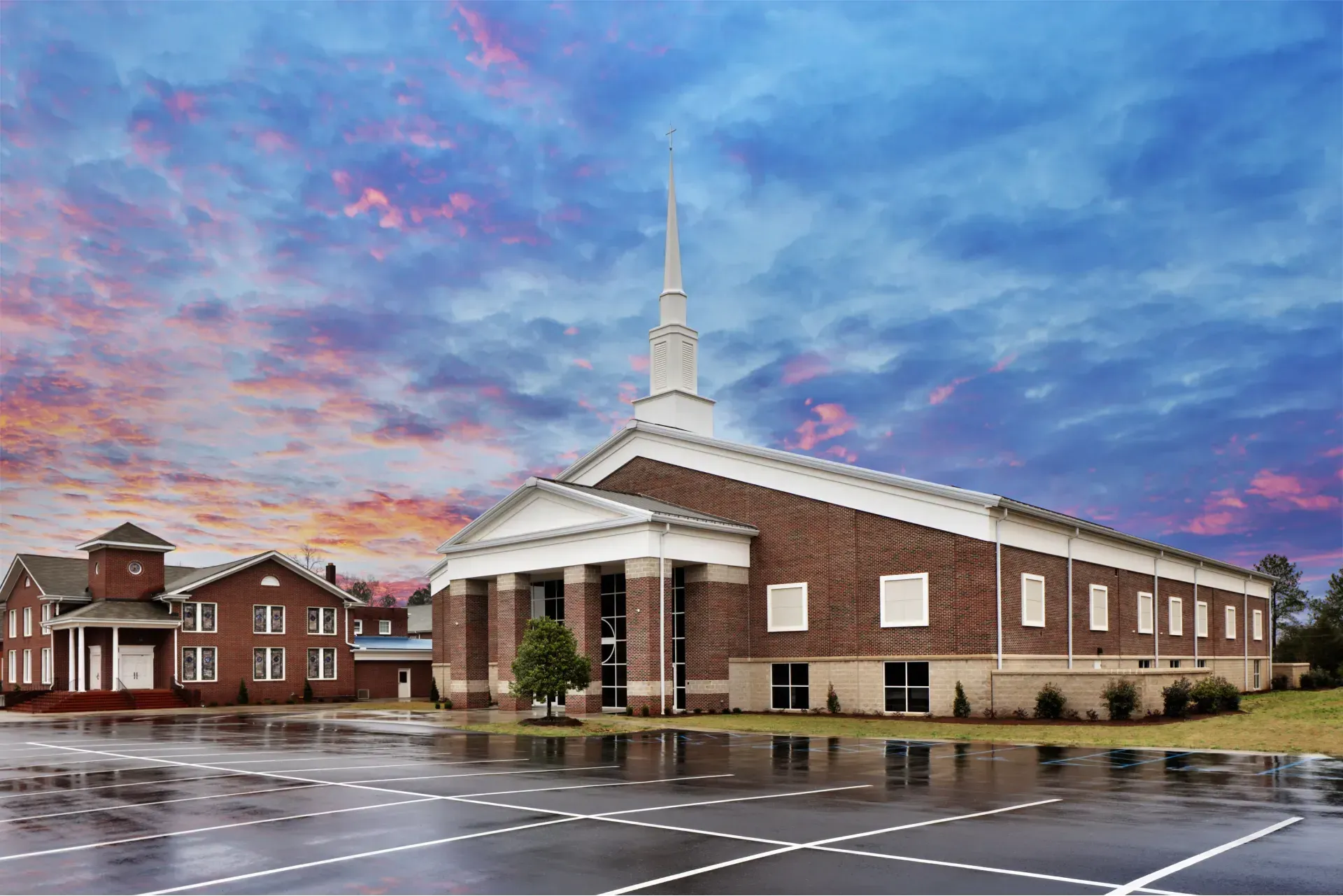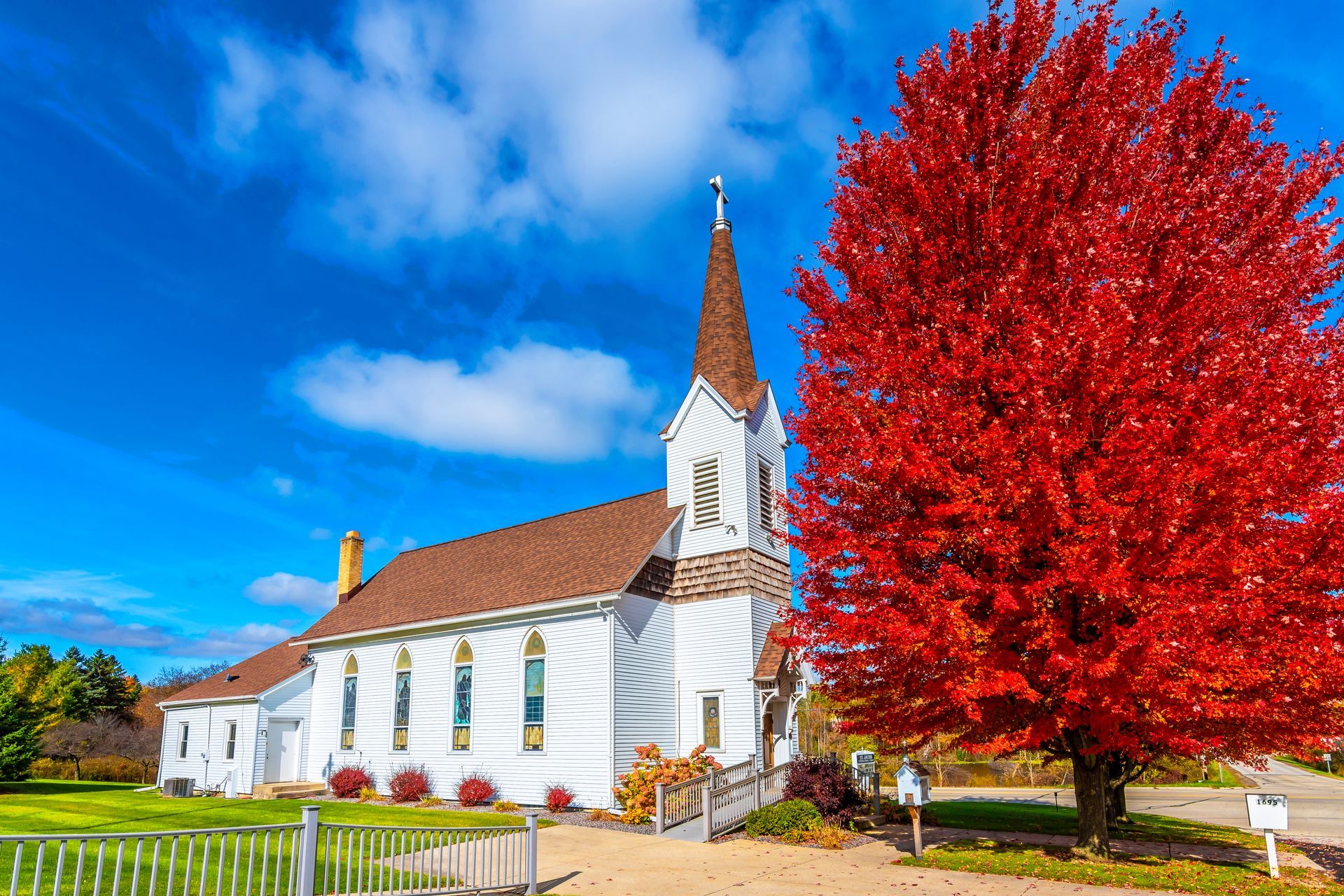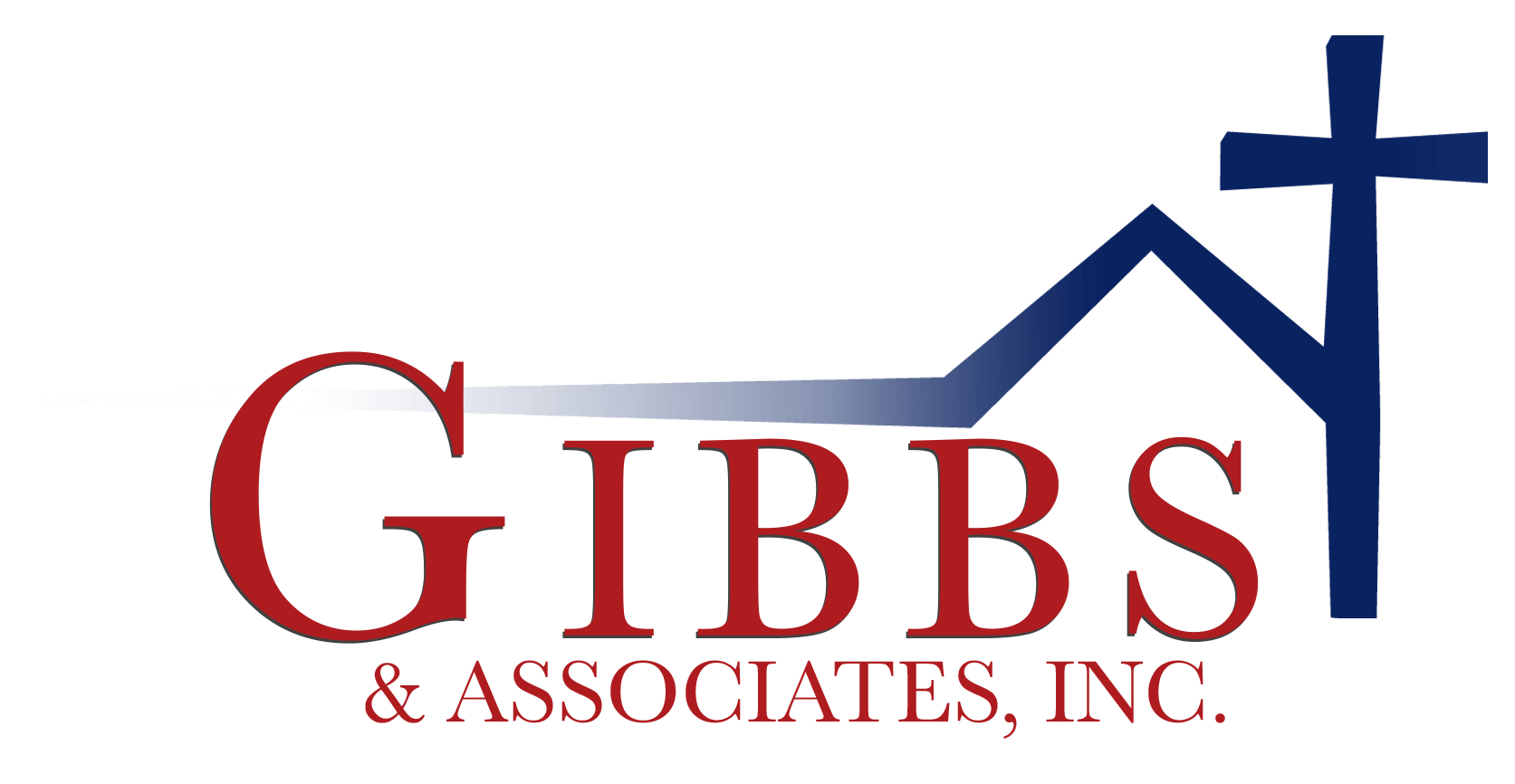5 Ways Religious Institutions Should Handle Legal Issues
Churches are often considered places of sanctuary and comfort for many. They provide an outlet for people to come together and practice their faith, but they can also face legal issues. Remember that churches are not immune to the law.
Although churches can face legal issues, there are ways to protect them. However, how do churches address legal matters? Here are some ways and best practices for churches handling legal issues.
1. Notify Law Enforcement
If a church faces a legal issue, it is important to notify local law enforcement. It can help the church protect itself and its members from potential harm. For example, if there is a dispute over a property line, it is essential to alert law enforcement to investigate and help resolve the issue.
2. Inform About Liabilities
Churches should ensure that their members are aware of any potential liabilities, including informing them about any legal obligations they may have, such as insurance requirements or other regulations that could put the church in a difficult financial situation.
Churches should also ensure that their members understand the consequences of failing to follow these regulations, such as fines or potential lawsuits. Knowing the liabilities involved should help churches understand the situation and identify the next steps moving forward.
3. Seek a Lawyer
Churches should seek the advice of a lawyer when dealing with potential liabilities. In addition to providing legal advice, a lawyer can help churches understand their legal obligations and provide guidance on how to handle the situation best.
A lawyer can also help churches negotiate with any parties involved, ensuring that the church's interests are protected. Additionally, a lawyer can provide representation in court if necessary. In court, churches should find a lawyer to defend them and their interests.
4. Conduct an Investigation
Investigations help churches find evidence, interview witnesses, and conduct the necessary research. During the investigation, churches should document their findings and take steps to ensure that all parties involved are aware of the investigation.
The investigation results should be used to determine the best course of action for the church. It may include taking action to address the issue or filing a lawsuit. Investigations should also identify the motive for the move, providing more insight into the case.
5. Inform Media and Communications
Once the church has conducted its investigation and determined the best course of action, it should inform the public and its members of the situation and the steps it takes to address the issue. Churches should consider releasing a statement or an announcement.
Churches may also consider having a press conference or communicating with their members using a different method. It will help keep their members informed and ensure the transparency expected from church leadership.
Conclusion
The church must ensure that its members and the public are aware of any misconduct or inappropriate behavior that may have taken place within its walls. It is essential for churches to be proactive in addressing such issues and to provide a safe and secure environment for their members. By taking the proper steps, churches can ensure that any misconduct is handled swiftly and appropriately.
Church Insurance Man is a
church insurance agency that offers a comprehensive insurance policy for small churches. We aim to protect religious institutions from circumstances that can compromise their stability, while focusing on the things that matter most. Learn more about our insurance for churches, and contact us through our website today.











